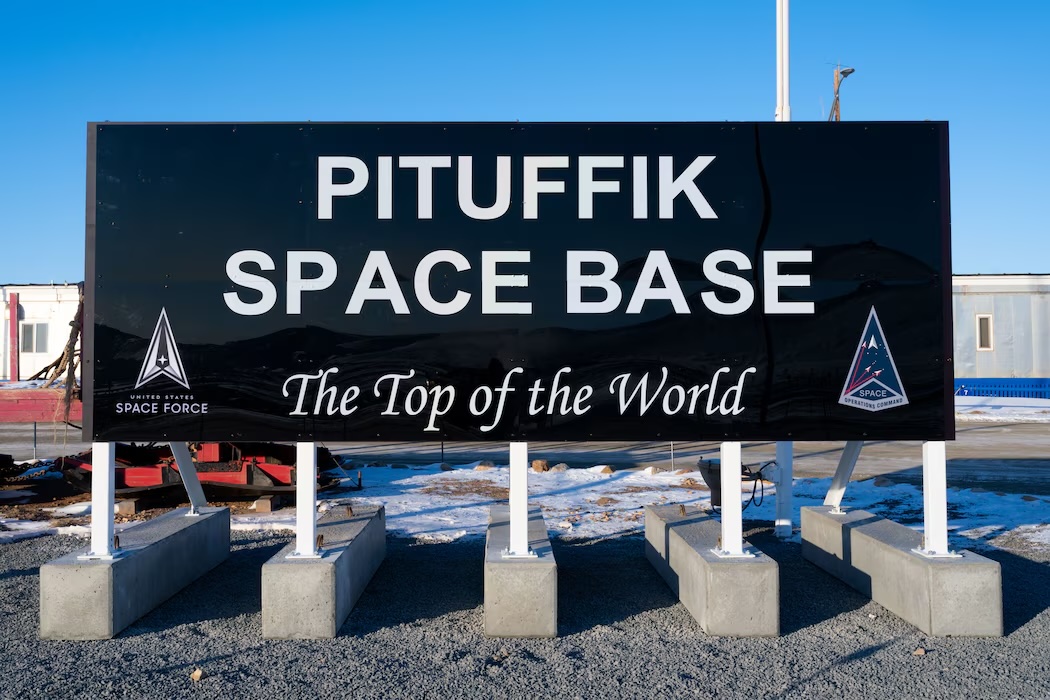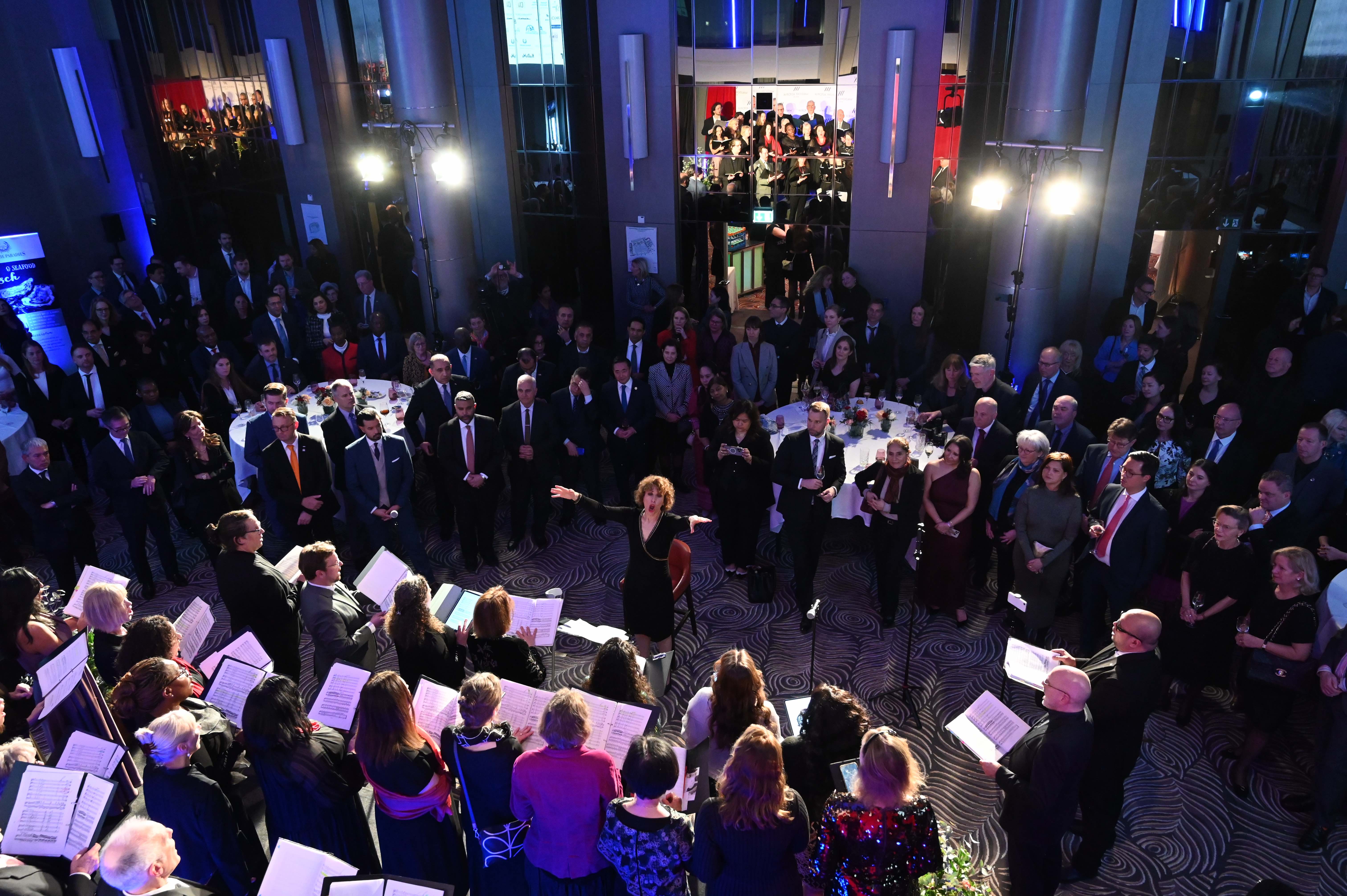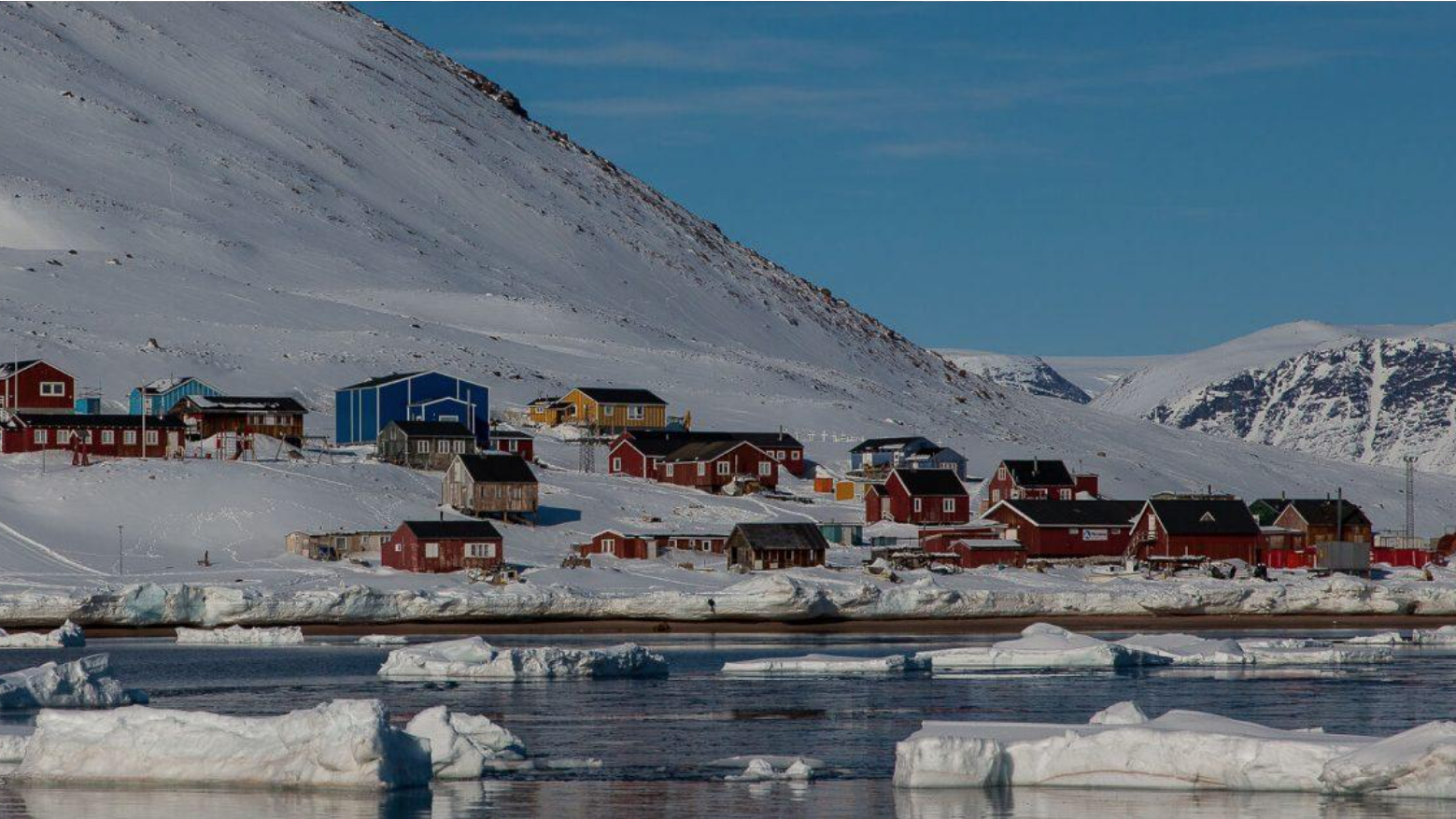diplo.news
Mongolia opens embassy in Uzbekistan

The Mongolian President Uchnaagiin Chürelsuech Is until June 26 at the Invitation of the President Shavkat Mirziyoyev on a four-day state visit to Uzbekistan. Although relations have worked well for a long time, it is only now that a diplomatic highlight has been reached: the state guest from Ulan Bator has opened a Mongolian embassy in the Uzbek capital Tashkent. The Mongolian Diplomat Became the First Ambassador to the New Embassy Daadanhuu Batbaatar accredited. Until now, Mongolia has been represented by an honorary consul in Tashkent.
Uzbekistan is currently still represented in the partner country through its embassy in China, which is also responsible for Mongolia. But President Mirziyoyev expressed his intention to open his own embassy in Ulaanbaatar in the near future.
The Presidents of both countries also signed a Joint Declaration on Relations and Cooperation, a total of 14 documents relating to trade, economics, investment, tourism, air connections, international car connections, agriculture, education and culture.
The Presidents also met with entrepreneurs from the two countries in an economic forum and discussed cooperation, particularly in livestock farming, textiles and agriculture.
Diplomatic relations since 1992
Mongolia recognized Uzbekistan's independence as early as the end of 1991. Diplomatic relations between the two countries were established shortly after, on January 25, 1992.
According to historians, the connections between the two peoples date back to ancient times, particularly during the Turkic Kaganate period (552-603) and in subsequent years.
At present, relations between the two countries are consistently developing on the basis of mutual respect and consideration for each other's interests. Uzbekistan's active foreign policy, which aims to strengthen cooperation with neighbouring countries and promote interregional integration, has given momentum to the development of a multi-layered dialogue.
The current Uzbek-Mongolian summit is the third in the last three years. The heads of state held fruitful talks in Samarkand in 2022 and in Dubai in 2023.
Rapprochement of the Two Parliaments
Since 2020, cooperation between the parliaments of both countries has also intensified. Groups for interparliamentary cooperation have been set up in the Oliy Majlis of Uzbekistan and in the Grand State Khural of Mongolia.
The first visit of Mongolia's Minister of Foreign Affairs took place in March 2023, Battsetseg Batmunkh, took place in Uzbekistan. In the same year, the government of Mongolia decided to open the embassy in Tashkent in 2024.
The mechanism of cooperation between the foreign ministries of the two states works well. There are regular inter-ministerial political consultations, the seventh round of which was hero in Ulan Bator on May 7.
Mongolia regards Uzbekistan as a promising economic partner. In March 2023, an agreement was signed on the establishment of a joint intergovernmental cooperation commission between Uzbekistan and Mongolia.
Lots of Potential in Trading Volumes
Both sides are aware that trade and economic cooperation is far from exploiting countries' existing potential. They intend to consistently expand trading volumes.
Uzbekistan exports agricultural products, soft drinks and tobacco products, mechanical equipment and other goods and services to Mongolia. Meat, plastics, plastic products and chemicals are imported from Mongolia.
Positive examples include investments by the Mongolian holding company Tavan Bogd in the opening of a state-of-the-art diagnostic center in Tashkent, which is equipped with advanced artificial intelligence-based equipment from the Japanese company Fujifilm, and investments by the Mongolian Basalt Company in the development of basalt deposits in the Jizzak region and subsequent processing into finished products.
The joint ventures with Mongolian partners operating in Uzbekistan are mainly specialised in services and trade.
Cultural Similarities
Cultural and humanitarian cooperation is also of mutual interest because of the historical ties and the traditional openness of the peoples. According to Linguists, the Turkic and Mongolian languages are related.
Even the founder of the Mongol Empire, Genghis Khan, recognized the fearlessness and bravery of the great son of the Uzbek people, Jaloliddin Manguberdi.
For many centuries, the Turkic and Mongolian peoples lived side by side and created a uniform ethnic-cultural environment. Their worldview, religious views, and way of life are similar. The Turkic languages, particularly Uzbek, contain native Mongolian political and military terms. There are still settlements with Mongolian names in Uzbekistan.
(This text contains information from the Uzbek Embassy.)




